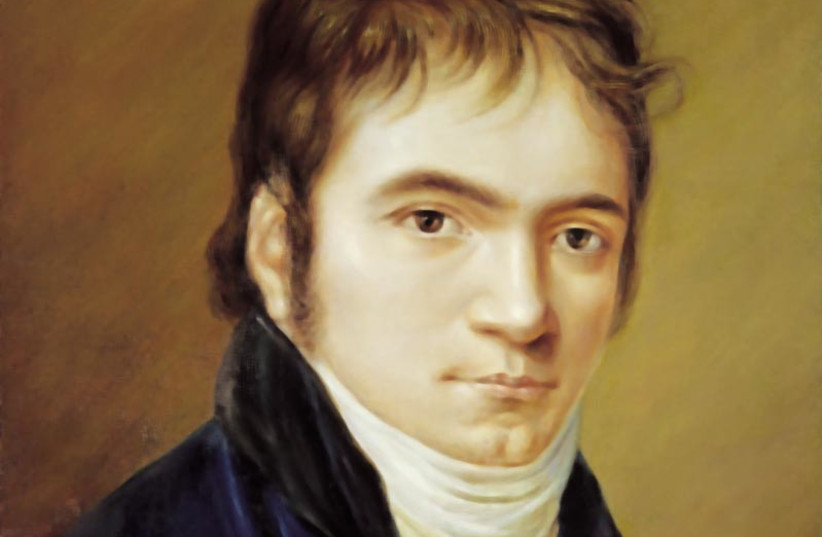Fragments of the skull belonging to legendary composer Ludwig van Beethoven have been turned over to the Medical University of Vienna, according to a CNN report from earlier this week.
The skull fragments were given to the university by American businessman Paul Kaufmann, of Carmichael, California, who had been in possession of the fragments for roughly 33 years.
The businessman had initially come to acquire the pieces of the famed composer’s skull in 1990 when he and his wife retrieved them from his mother’s safety deposit box in a French bank.
Kaufmann’s mother had just passed away unexpectedly while visiting his brother in France.
“In her purse was a key to a safety deposit box in a local bank,” Kaufmann told CNN. “When my wife and I opened it, among other things we found a little tin container and on the surface was inscribed ‘Beethoven.’”

At that point, the skull fragments had already been in Kaufmann’s family for over 100 years.
In 1863, Kaufmann’s great uncle, Franz Romeo Seligmann, who died nearly 30 years later 1892, had been a Viennese physician, medical historian and anthropologist who was among those involved in the 1863 reburial of Beethoven's body.
The composer had been exhumed for purposes of research and reburial in a new coffin.
How did Beethoven die?
History.com reports that following Beethoven’s death March 26, 1827 at the age of 56, his body was subject to a rough autopsy, during which the top of his head was removed.
During his life, Beethoven had suffered from a variety of health problems. He developed gastrointestinal issues that would remain with him for the rest of his life. A half a decade later, he began losing his hearing.
The skull fragments will be kept at the University of Vienna’s museum, the Josephinum.
CNN reported that the rector of the university, Markus Müller, thanked Kaufmann for his donation of the skull fragments saying, “We gratefully accept these fragments and will store them responsibly; our collections at the Josephinum are the right place for this.”
Müller went on to add that “the Josephinum is also the appropriate place for the acquisition of the fragments, since Beethoven’s physician, Johann Adam Schmidt, was also a professor at the Josephinum and Beethoven himself, during his lifetime, wished that his illness be studied and researched after his death.”
